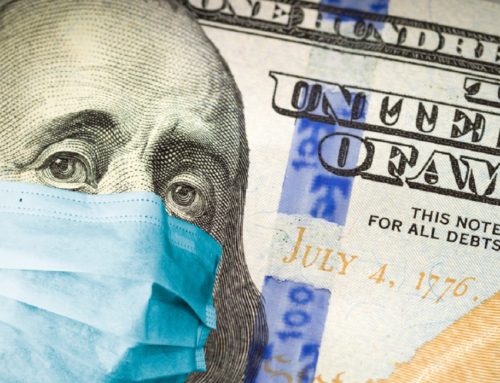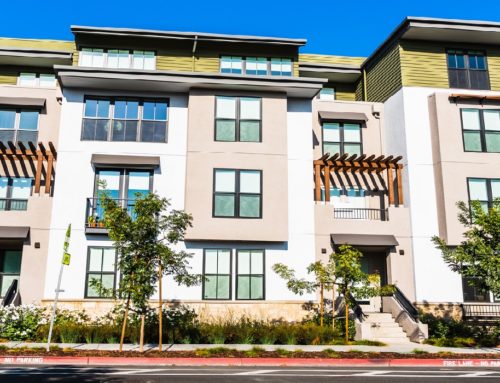Good news from the Land of Oz: on January 19, 2021, the IRS issued Notice 2021-10, which extends the relief granted to qualified opportunity funds (“QOFs”) and their investors in previous Notice 2020-39. Notice 2021-10 (the “Notice”) extends due dates until either March 31, 2021 or June 30, 2021, in response to the continued challenges posed by the coronavirus pandemic.
The Notice extends the 180-day deadline for taxpayers to invest eligible gains in a QOF. If a taxpayer’s 180-day deadline to invest gains into a QOF falls between April 1, 2020 and March 31, 2021, the deadline is automatically extended to March 31, 2021. The relief is automatic, but a taxpayer must still make a valid deferral election in accordance with the instructions to Form 8949, complete Form 8997, and file the completed Form 8949 and Form 8997 with a timely filed federal tax return (including extensions), or amended federal tax return, for the tax year in which the gain would have been recognized.
For the “substantial improvement” requirement of IRC Section 1400Z-2(d)(2)(D), the Notice extends the tolling of the 30-month period from April 1, 2020 through March 31, 2021. In effect, this creates an extension of up to 12 months for substantial improvement projects that were in process on April 1, 2020.
With regard to the 90% investment standard imposed by IRC Section 1400Z-2(d)(1), if either of the testing dates falls between April 1, 2020 and June 30, 2021, any failure by the QOF to meet the 90% standard will be excused due to the “reasonable cause” exception provided by IRC Section 1400Z-2(f)(3). The relief is automatic, however the QOF must still accurately complete all lines of Form 8996, except that it should enter “0” in Part IV, Line 8 (Penalty section), and must include the Form 8996 with its timely filed federal tax return for the affected tax years.
The Notice continues to treat the coronavirus pandemic as a federally declared disaster through June 30, 2021 for purposes of the Working Capital Safe Harbor. Therefore, the 31-month period (up to 62 months if certain additional conditions are met) in which working capital assets must be expended by a qualified opportunity zone business (“QOZB”) is extended by 24 months. In effect, this creates a maximum safe harbor period of 55 months (up to 86 months if certain conditions are met) to expend the working capital assets of the QOZB, as long as the QOZB otherwise meets the requirements of the Working Capital Safe Harbor.
Under the Opportunity Zone final regulations, if a QOF sells qualified opportunity zone property, and reinvests the proceeds into other qualified opportunity zone property within a 12-month period, then the proceeds will be treated as qualified opportunity zone property for purposes of the 90% investment standard. The Notice provides that, if June 30, 2020 falls within the 12-month reinvestment period, then the reinvestment period is extended by an additional 12 months, provided that all other requirements are met.
The extensions provided by Notice 2021-10 will be helpful to QOFs, their sponsors, and their investors. One issue left unaddressed by the Notice and Notice 2020-39 is whether, for compliance with the Working Capital Safe Harbor, a QOZB must continue to use its working capital assets in a manner that is “substantially consistent” with the “written plan” that was drafted prior to the coronavirus pandemic, or whether the QOZB can deviate from the original written plan in response to the market upheaval caused by the pandemic. This is especially relevant in hard-hit sectors such as the hospitality industry.






